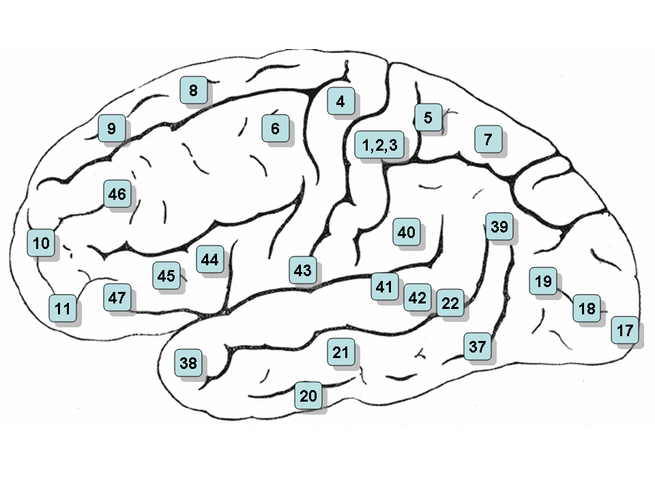-
Psycholinguistics
Psycholinguistics or psychology of language is the study of the interrelation between linguistic factors and psychological aspects.The field is concerned with psychological and neurobiological factors that enable humans to acquire, use, comprehend and produce language. The discipline is mainly concerned with the mechanisms in which languages are processed and represented in the brain.Modern research makes use of biology, neuroscience, cognitive science, linguistics, and information science to study how the brain processes language, and less so the known processes of social sciences, human development, communication theories and infant development, among others. There are a number of subdisciplines with non-invasive techniques for studying the neurological workings of the brain; for example, neurolinguistics has become a field in its own right. Initial forays into psycholinguistics were found in philosophical and educational fields, due mainly to their location in departments other than applied sciences (e.g., cohesive data on how the human brain functioned).
Psycholinguistics has roots in education and philosophy, and covers the “cognitive processes” that make it possible to generate a grammatical and meaningful sentence out of vocabulary and grammatical structures, as well as the processes that make it possible to understand utterances, words, text, etc. Developmental psycholinguistics studies children’s ability to learn language.
-
Neurolinguistics
Neurolinguistics is the study of the neural mechanisms in the human brain that control the comprehension, production, and acquisition of language. As an interdisciplinary field, neurolinguistics draws methods and theories from fields such as neuroscience, linguistics, cognitive science, communication disorders and neuropsychology. Researchers are drawn to the field from a variety of backgrounds, bringing along a variety of experimental techniques as well as widely varying theoretical perspectives. Much work in neurolinguistics is informed by models in psycholinguistics and theoretical linguistics, and is focused on investigating how the brain can implement the processes that theoretical and psycholinguistics propose are necessary in producing and comprehending language. Neurolinguists study the physiological mechanisms by which the brain processes information related to language, and evaluate linguistic and psycholinguistic theories, using aphasiology, brain imaging, electrophysiology, and computer modeling.
-
Psycholinguistics (noun)
The study of the comprehension and production of language in its spoken, written and signed forms.
-
Neurolinguistics (noun)
Science concerned with the human brain mechanisms underlying the comprehension, production and abstract knowledge of language, be it spoken, signed or written.
-
Psycholinguistics (noun)
the study of the relationships between linguistic behaviour and psychological processes, including the process of language acquisition.
-
Neurolinguistics (noun)
the branch of linguistics dealing with the relationship between language and the structure and functioning of the brain.

